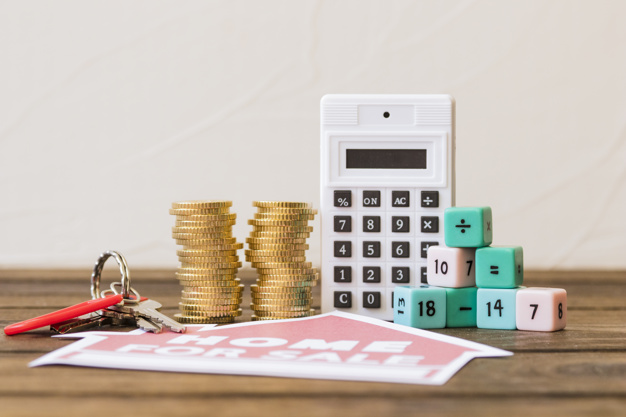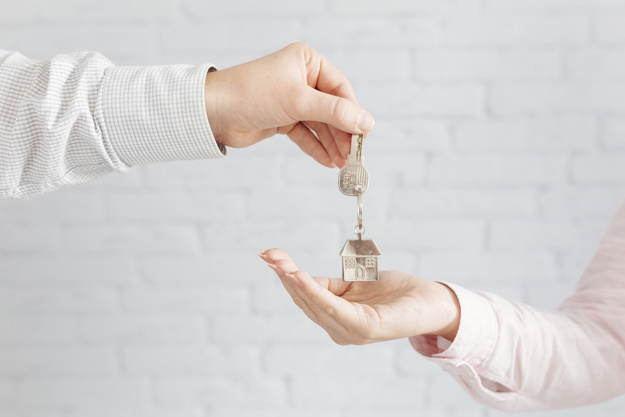House hunting involves doing a lot of research work and making many difficult decisions. You need to find out all about the suburb you have targeted, discover hidden gems or camouflaged flaws inside the houses and calculate all the hidden costs.
Do Your Research Well
Research is the key when you are planning to buy a new home. Think about the finances first and find out when is the best time to apply for a home loan or purchase a property. The first step is to pinpoint a suburb you want to move into. Sounds easy, but it can actually be a very difficult decision to make. Don't believe anyone who tells you which area is hip and which one is not. Do your own research, find relevant data and find out all about the property prices, numbers of people looking for houses in different suburbs and compare these with the number of properties available. You have to know the market and be realistic about the prices and competition. Keep yourself up to date with the current market trends, talk to local property experts and be prepared to wait for the right moment to get a great bargain (prices on the real estate market depend on the season, and while spring is the busiest, prices tend to drop around Christmas and during winter months).

Do Some Fieldwork Too
When choosing a suburb, think about your priorities (ask yourself if you want to live close to the main roads, schools, public transport, great shopping areas or entertainment centres). Your goal is to make a list of potential suburbs and then research them to get a full picture. But be prepared to do a bit of fieldwork too. Snooping around and pretending you are a local will help you get the feel of what it would be like to live there. Are you comfortable with the distances, is there everything you need in your neighbourhood and do you like the vibe of the place? And try to find out all about the major developments in the suburbs you have shortlisted. Are you happy with them or you think they will make the area less peaceful and more hectic?

Be a Smart House Hunter
Once you have picked the suburb, you are ready to begin house hunting. You will have to see a lot of different properties, and it requires a rational approach. Be very methodical, and don't let your emotions get in the way. Don't be distracted by unimportant details you don't like (we are talking about the things you can change once you get the hold of the key) and don't allow yourself to fall in love with a place and make a rushed decision to buy before you have had a closer look. Inspect the house thoroughly. Look for all possible flaws and calculate the reparation costs. Keep in mind that the house you will buy has to be suitable for renovation. Before you decide to buy a property, make sure you can make all the changes you want and turn the space into your dream home. It doesn't make much sense to buy a property you fell in love with but you can extend it the way you planned, but it is also important to have a realistic plan right in the beginning. Don't just dream about your new home, ask experts to give you advice on what you can or cannot do.

Inspect the House
Have you found the house you like? This is where the detective job begins. You have to inspect the house to find any defects because many properties are simply staged for sale. Examine every room, check light fixtures and power points, and look for holes and cracks. It is really important to dig deeper to find any faults that aren't obvious. And look beyond the pretty features such as furniture or ambience lighting. Focus on bare space and try to imagine living in the house. Is there enough natural light in every room? Is the garden difficult to maintain? Will the lighting increase your electricity bill beyond imaginable? You may do the inspection by yourself or hire a professional quality inspector who will reveal all the hidden defects and give you their report. This will help you calculate all the extra costs. Remember that extending or renovating the house, fixing damages and redesigning the home interior will add up to the price you already paid.

After You Buy
When you finally get the keys, it is time to revamp the house and make it your own before you actually move in. Fix any flaws in or around the house, incorporate any additional lighting, power sockets or other details you need, do some paintwork (if necessary) and manicure the garden. During this stage, you should also consider renovation or home extension if you need more space or a different layout. And once you've done all that, you can buy furniture, home appliances and decorative items to make space cosier. One important thing you don't want to forget is thorough cleaning. Consider hiring a cleaning service to do it professionally for you because it really pays off (especially if you had to do a lot of drilling, painting and decorating). All of these works might add up to the final price, so make sure to calculate all of the additional costs beforehand.
Â